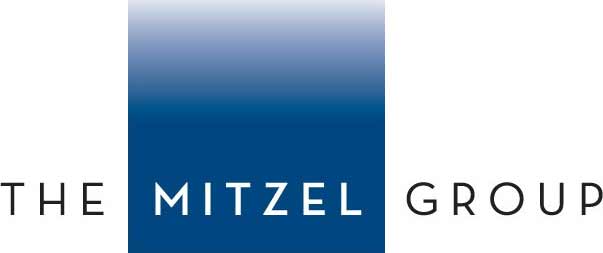AI recording tools are becoming more common in client calls and business negotiations, but the risks are especially important for California employers. Under federal law, only one party needs to consent to recording. California, however, is an all-party consent state, meaning everyone on the call must agree before any recording begins. International calls may also trigger stricter rules. For that reason, the best practice is always to disclose upfront and secure clear, written consent from every participant, and to ensure that recording functions are not set to run automatically.
Recording business negotiations without notice can also damage trust and create unnecessary legal exposure. Even if technically lawful in some jurisdictions, undisclosed recording may give rise to claims of bad faith or breach of professional standards. Employers also need to be mindful of data privacy requirements if AI tools are used for transcription or summarization. Safeguarding sensitive business and employee information is not only a compliance obligation but also an important business practice.
Attorney–client calls require even greater care. Privilege is generally preserved when conversations are recorded, but confidentiality may be compromised if AI vendors or outside parties are involved. Employers should confirm that any tool used has strong security measures and contractual protections. The safest approach is to adopt a written policy requiring proactive consent, disclosure of AI involvement, secure storage, and clear retention timelines. If your business does want to use AI tools, it is also important to address AI usage in a company policy so expectations and safeguards are clear. We recommend that California employers consult with counsel before using AI tools in sensitive conversations to avoid both compliance and relationship risks.
If your business is considering AI recording tools, The Mitzel Group is happy to help review your practices and draft policies that protect both compliance and confidentiality.

